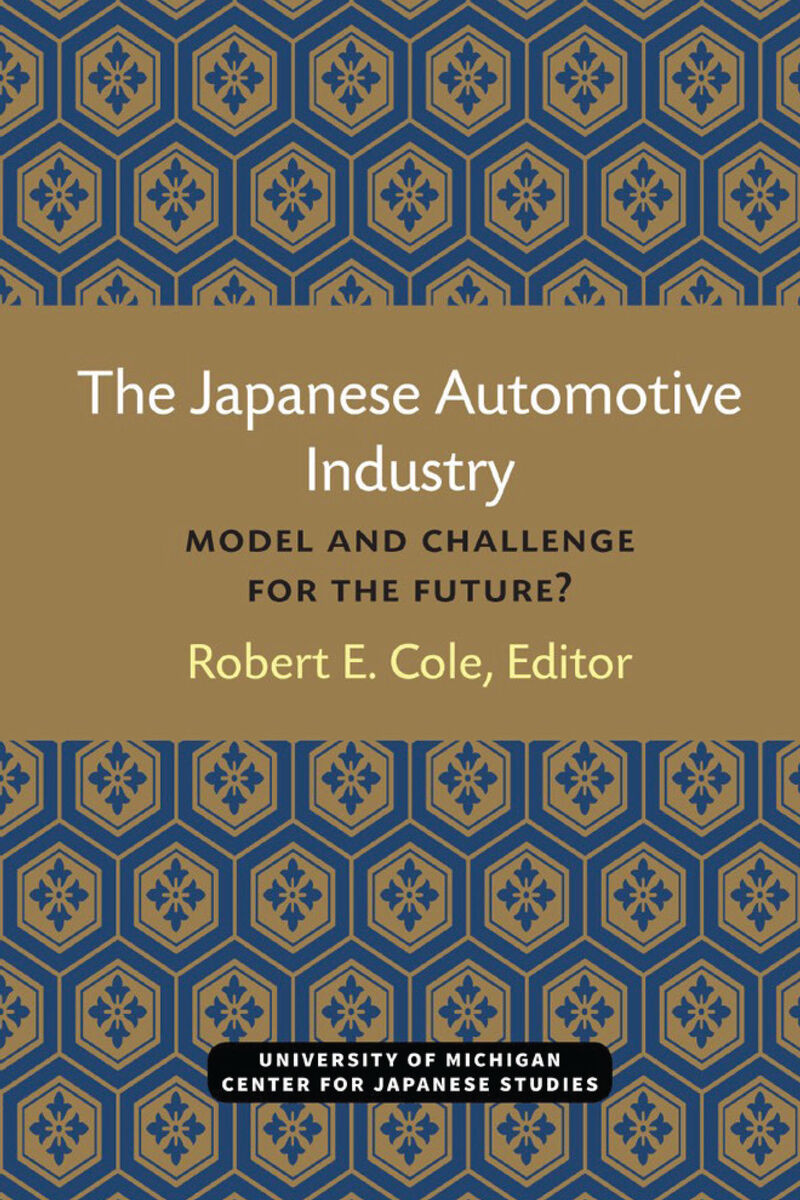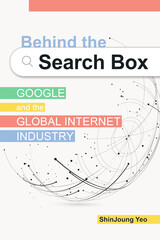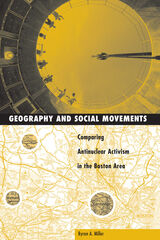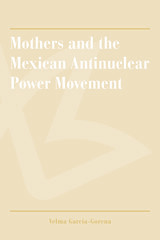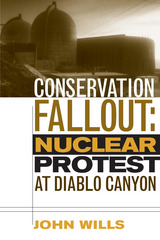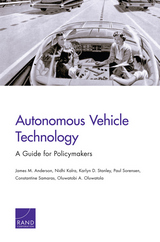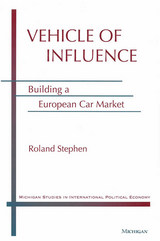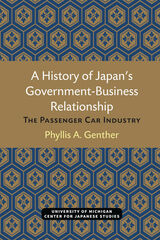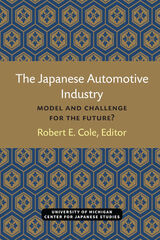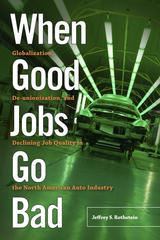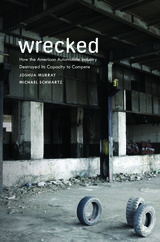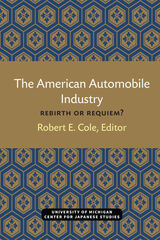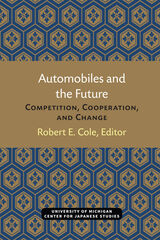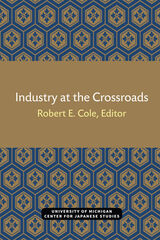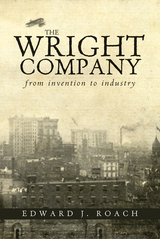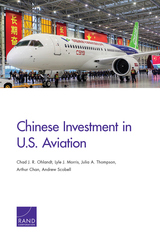The Japanese Automotive Industry: Model and Challenge for the Future?
University of Michigan Press, 1981
eISBN: 978-0-472-88004-1 | Paper: 978-0-939512-08-9
Library of Congress Classification HD9710.J32J37
Dewey Decimal Classification 338.4762920952
eISBN: 978-0-472-88004-1 | Paper: 978-0-939512-08-9
Library of Congress Classification HD9710.J32J37
Dewey Decimal Classification 338.4762920952
ABOUT THIS BOOK | AUTHOR BIOGRAPHY | TOC | REQUEST ACCESSIBLE FILE
ABOUT THIS BOOK
As the University of Michigan Center for Japanese Studies reflected on the deteriorating position of the domestic auto industry in the fall of 1980, and the strong competitive threat being posed by the Japanese automakers, we were struck by the extraordinary low quality of the public discussion of these critical issues. The national importance of the issues seemed only matched by the superficiality of the analyses being offered. The tendency to think in terms of scapegoats was particularly evident. The Japanese as the basic cause of our problems has been a particularly notable theme. To be sure, cooperation with the Japanese in formulating a rational overall trade policy may be an important part of the solution. It has also been fashionable to blame it all on American auto industry management for not concentrating on the production of small cars when "everyone knew" that was the thing to do. Alternatively, government meddling was blamed for all our problems. Clearly, the complex problem we faced required more penetrating analyses. It seemed therefore, that the time was ripe for a public seminar which moved beyond the rhetoric of the moment and probed some of the deeper causes of our problems and possible directions for future policy.
In holding the January 1981 auto conference, the Center took it as their task to begin addressing the critical issues facing the industry, with particular, but not exclusive, attention to examining the role of the Japanese auto industry. They had in mind not to simply conduct a rational discussion of the trade issue but to probe the sources of Japanese competitive strength, especially those features whose study might profit them.
In these proceedings, they bring those discussions to a wider audience. Question and answer sessions at the conference were necessarily short and a few speakers delivered abbreviated remarks; this volume restores a number of omissions, and provides additional answers to some pertinent questions put by the audience. The Center hopes to encourage the serious problem-solving these complex issues demand. Far too much time has been spent trying to fix the blame. [intro]
See other books on: Automobile industry and trade | Cole, Robert | Economics & Trade | Industrial Management | Model
See other titles from University of Michigan Press
